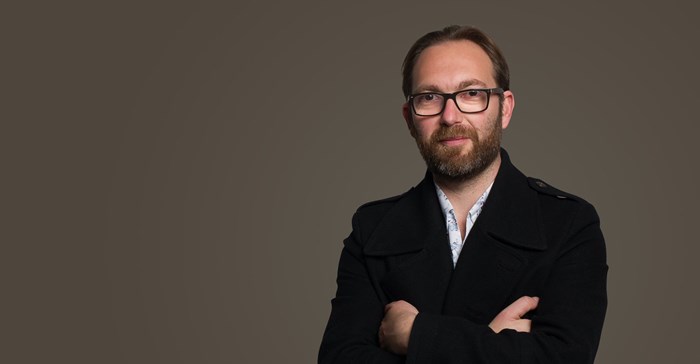
For our April feature on radio and podcasting, I chatted to him and asked him to elaborate on the strong staying power of radio as a mass medium and channel for advertising and to mention a few things brands should remember when connecting with audiences via audio.
I'm a huge fan of both of these streaming platforms and use them both on a daily basis, but they quench a different thirst that is unique to radio and content. I refer to them as ‘neutral emotive entertainers’ in that Netflix is like having all the best TV channels in the world in one place, and Spotify is like having all the greatest records ever made in one place.
Radio, on the other hand, is like having a good friend who is providing you safety, security and familiarity. I think it's important to recognise this when you are advertising on radio; that it is a fundamentally different environment to the other platforms you mentioned. It requires more care and better insights because you are able to get right up close to your customers and build affinity in an organic way that is only possible in radio and content.
As discussed above, it is important to have a deep awareness of how close you can get to your audience and that - in my opinion, somewhat controversially - traditional advertising is wasted on FM and online radio. At inBroadcast, we've seen tremendous success with integrated campaigns on radio from Xperia Mashlab (5FM), to Hunter's Start Something (Metro) to Ampd by Old Mutual (both digital and FM).
Integrated content is the most powerful space for both radio stations, audiences and brands because it is truly organic and can be driven by a familiar DJ and so can worm itself into the hearts of radio listeners. Radio listeners are habitual listeners, so if brands can create psychological affinity through content strategy, they can truly win customers.
 How do you think the 4th industrial revolution will influence jobs in radio?
How do you think the 4th industrial revolution will influence jobs in radio?That's a great question … I'm in the thick of it and it's very exciting. 4IR can only be positive in my opinion. I am a genuine and hardcore lover of radio in general but am frustrated by some radio stations’ inflexibility and willingness to commit to finding more ways to get ‘deep and dirty’ and change with the times.
I think the 4IR is going to start forcing many radio stations to become a bit more agile because it is becoming easier for anyone to start their own station. I'm hoping that we are on the brink of a radio revolution, and I hope we are a part of it.
I think we are going to start seeing more independent content creators coming to the fore and creating more powerful platforms (like Slikour or Mac G). Up until now, there's been a divide between what is considered as "radio" and these emerging content powerhouses. I hope to see this gap close and to see a lot more integration and the ability to open up radio to more fresh ideas and younger players.
From an on-air perspective:
One of the biggest trends in social media and online content is the ability to be vulnerable and yourself while you are on-air. We throw this word "authenticity" around but that is essentially currency in the new world. I feel that South African radio still relies too heavily on big personality radio DJs with radio voices. I think this could be at least partially responsible for the decline in radio listeners. I think there is space for younger, hipper, "raw" DJs on radio.
From a commercial perspective:
I think many stations are now starting to understand the importance of digital and embrace it. Not a lot of people know this, but some of our big commercial radio stations’ online listenership is bigger than their on-air radio listenership. However, advertisers are still looking largely at the on-air audience and not paying attention to the online audience, except as a value add. I think there are a large number of incredible opportunities in this space and brands should start digging here.
I love working in the trenches of radio and content, getting my hands muddy, and creating opportunities for brands that actually make a difference in the world. It's a very different space than working in the powerful offices on the top floors. I feel like I work with audiences and not with radio stations (even though I work with both). It sounds corny but that really is my job and how could anyone complain?
We've just launched an online monetisation platform into the South African music space to help local musicians monetise their online streams, called Busqr. It has already gone bananas. At the end of the day, it's all content. Very exciting times!
Connect with Savage on LinkedIn and keep an eye on our radio and podcasting special section for more in-depth coverage and interviews on the subject.
